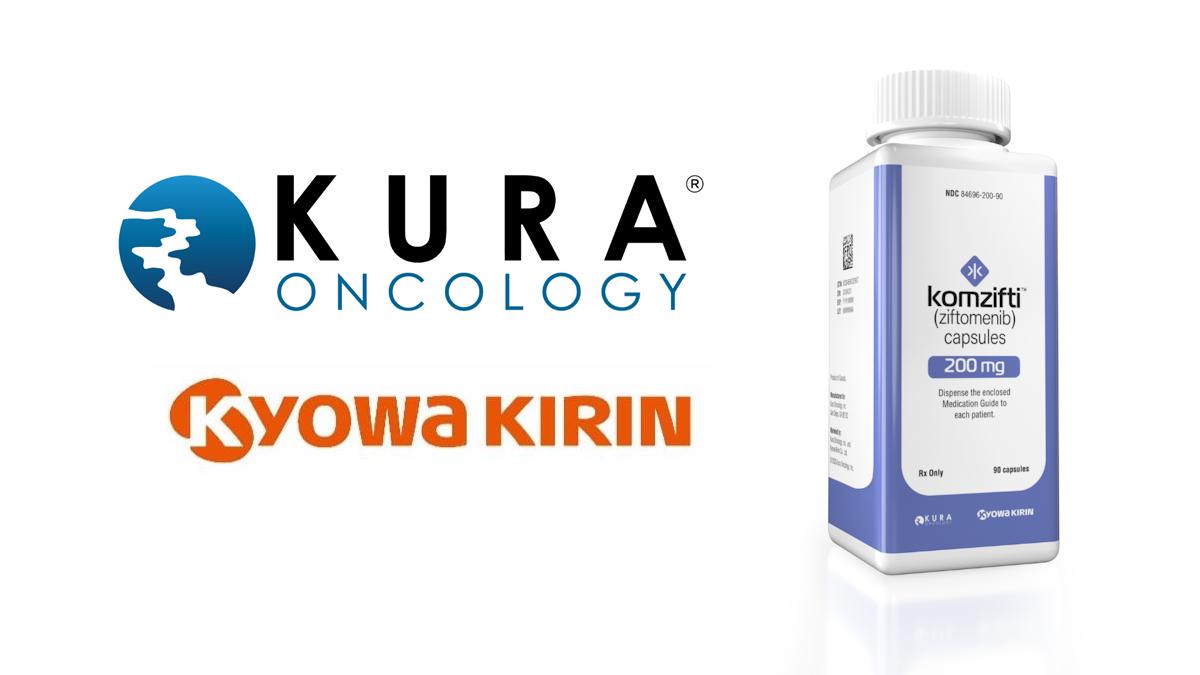Kura hit as FDA slaps partial hold on leukaemia trial

Share in Kura Oncology have come under pressure after a patient death in a clinical trial of the US biotech's acute myeloid leukaemia (AML) therapy KO-539, provisionally attributed to a side effect that plagues other drugs used to treat the cancer.
The FDA has placed the trial on partial hold, meaning that patients already in the study can continue to receive the drug, but no new subjects can be treated. Shares in San Diego-based Kura dipped around 40% before staging a recovery, closing down just under 16% yesterday.
The KOMET-001 study is testing the oral, selective menin inhibitor – designed to block the interaction of two proteins that drive the survival, growth and proliferation of leukaemic cells, in patients with relapsed or refractory AML.
The net result is that it induces differentiation, meaning that malignant cells retain more of their normal functions and are less aggressive, growing and spreading more slowly.
The flipside of drugs that attempt to induce differentiation is a side effect called differentiation syndrome (DS), a life-threatening complication that lads to fever, acute respiratory distress, leaky blood vessels and acute kidney failure.
DS is a well-recognised complication of leukaemia drugs like all-trans retinoic acid (ATRA), seen in around a quarter of patients after treatment with the drug starts.
The consequences of DS can be limited by dosing with high-dose dexamethasone – a steroid that has also proved life-saving in severe COVID-19 cases – which could explain why the FDA opted for a partial rather than a complete hold on the KOMET-001 trial.
"We want to ensure physicians are fully informed and prepared to address these events if they occur," said Kura's chief executive Troy Wilson.
"Based on the totality of preclinical and clinical data, we continue to believe that KO-539 has the potential to address the significant unmet medical need of AML patients," he added.
KO-359 is being developed for around a third of AML cases, specifically those characterised by mutations in the NPM1 and KMT2A genes which tend to be associated with poorer prognosis.
Preliminary results from the study reported a year ago at the American Society of Haematology (ASH) congress showed initial signs of clinical activity, including two complete responses out of 12 patients treated with the drug.
Other biopharma companies are also developing menin inhibitors for AML, including Daiichi Sankyo, whose DS-1594 candidate is in phase 1/2 testing, and Syndax Pharma with SNDX-5613 in phase 2.













